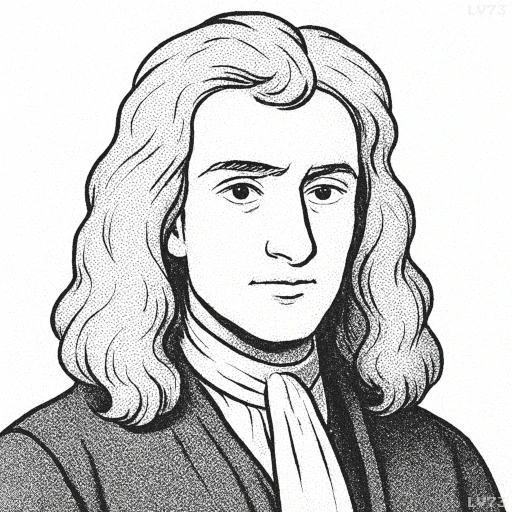“Errors are not in the art but in the artificers.”

- January 4, 1643 – March 31, 1727
- Born in England (UK)
- Natural philosopher, mathematician, physicist, astronomer, theologian
table of contents
Quote
“Errors are not in the art but in the artificers.”
Explanation
In this quote, Isaac Newton is asserting that the errors or mistakes in scientific or intellectual endeavors are not inherent in the methods or principles themselves (the art), but are due to the imperfections of the individuals who apply them (the artificers). Newton is making a distinction between human error and the correctness of the fundamental principles or laws. The art (in this context, science, or any systematic endeavor) is based on sound principles or methods, but when errors occur, they are typically a result of misapplication, misunderstanding, or lack of skill by those who are implementing these principles.
Newton’s statement reflects a deep confidence in the reliability and universality of the scientific method and the laws of nature that he helped establish. He understood that human beings, as fallible creatures, could make mistakes in their observations, reasoning, or experimentation, but the laws themselves—once correctly understood—are inherently sound. This concept ties back to his belief that nature follows rational, orderly laws that can be discovered through careful observation and logical analysis. If something goes wrong, it’s not the laws or the framework of the science that are at fault, but rather the human factors—such as misinterpretation or inaccurate measurement—that lead to errors.
In modern times, this idea remains relevant in the practice of science and engineering, where theories and methods are typically sound, but errors can still arise due to the human element—whether through data collection mistakes, misapplication of models, or incorrect assumptions. Newton’s quote emphasizes the importance of maintaining faith in the integrity of the scientific process while acknowledging that human practitioners must be diligent and careful in their work. It also reminds us of the self-correcting nature of science, where errors are identified and corrected through further experimentation and peer review, ultimately leading to better understanding and refinement of knowledge.
Would you like to share your impressions or related stories about this quote in the comments section?

